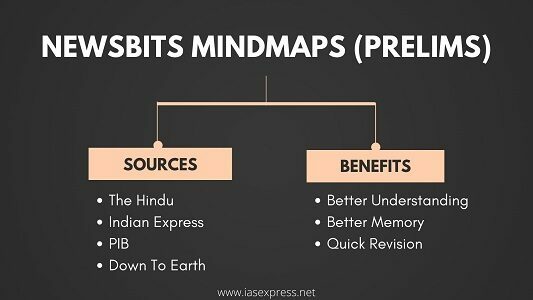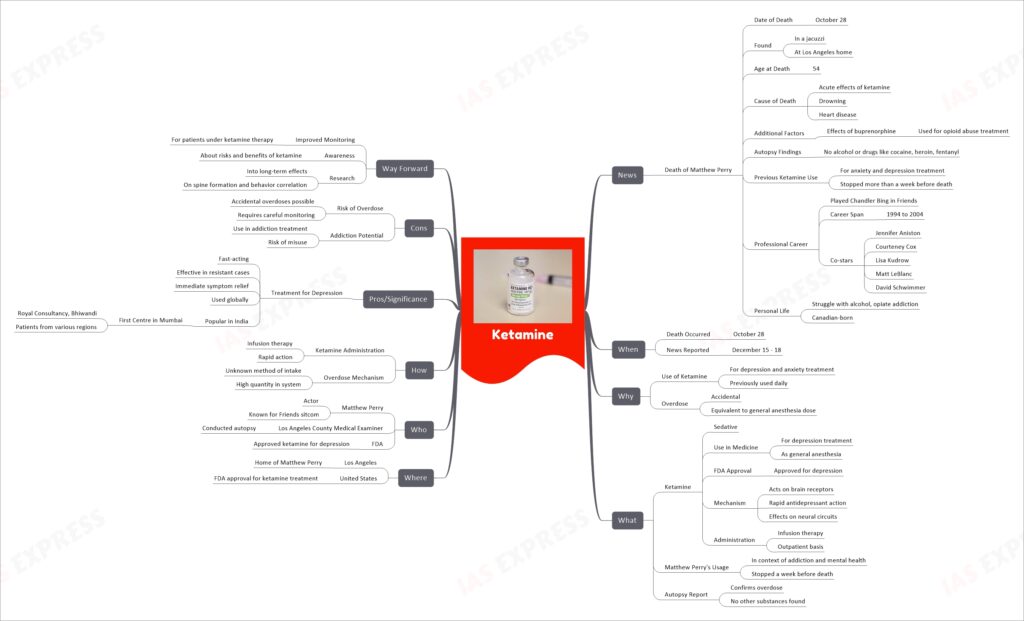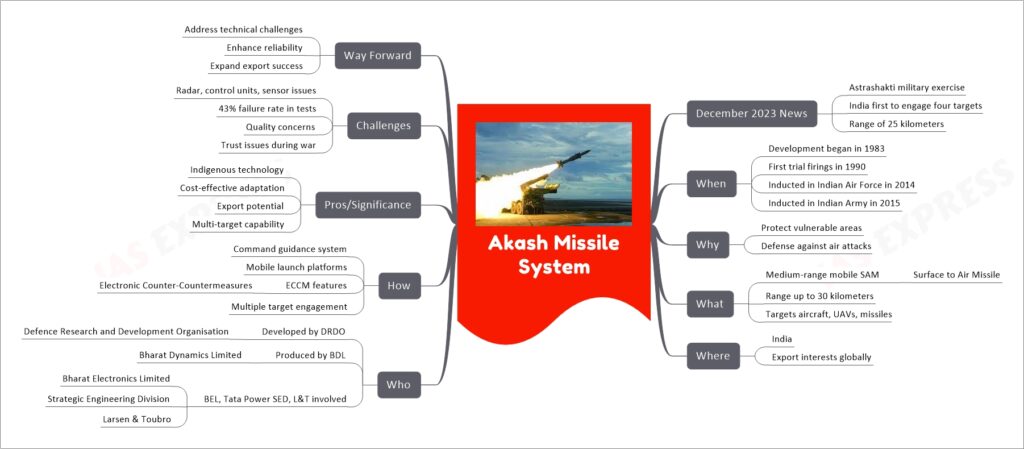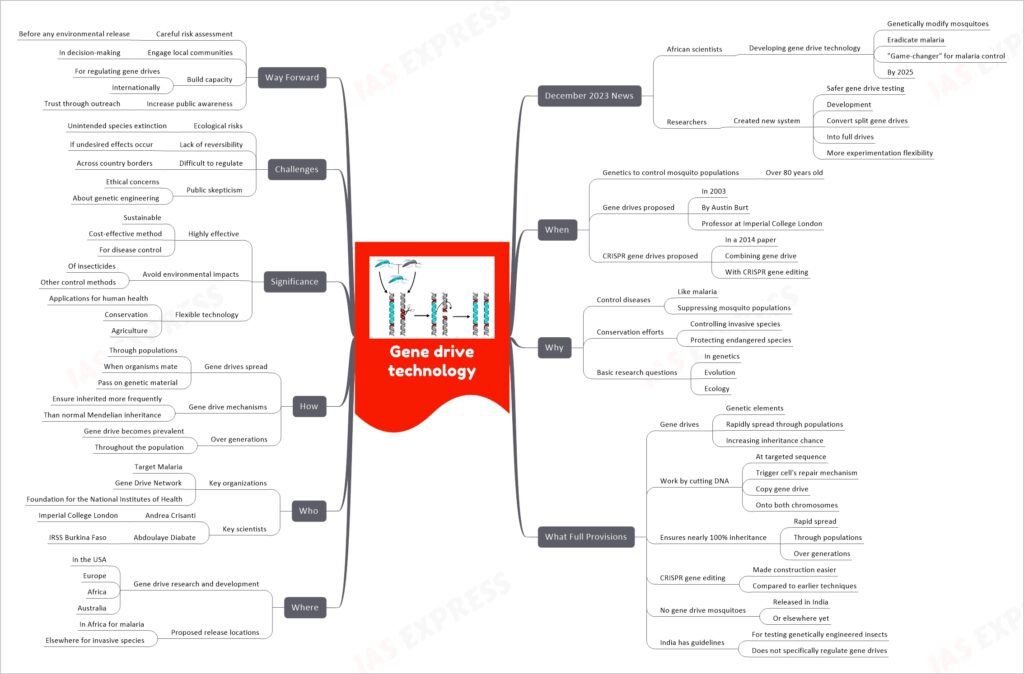[Newsbits] 18.12.2023 – Ketamine, Akash Missile, Gene Drive, & more

Summary:- Matthew Perry, famed for his role in the sitcom “Friends,” tragically passed away on October 28, 2023, due to the acute effects of a ketamine overdose, which was compounded by drowning and heart disease. Ketamine, a sedative approved by the FDA for treating depression, acts rapidly on brain receptors and is effective in resistant cases. Perry had struggled with addiction and mental health issues, using ketamine to manage anxiety and depression. His death has brought attention to the potential risks and benefits of ketamine, emphasizing the need for careful monitoring and awareness regarding its use. Ketamine therapy is gaining popularity globally, including in India, where it offers immediate relief for depressive symptoms, especially in drug-resistant cases. Summary:- The recent news about the veto power in the UNSC related to the Gaza ceasefire highlights the complexities of international diplomacy and decision-making within the United Nations. A resolution proposed by the United Arab Emirates, co-sponsored by 97 Member States, called for an immediate humanitarian ceasefire in Gaza. However, it was vetoed by the United States in the UNSC, citing reasons such as the resolution’s failure to condemn Hamas’ terrorist attacks and to recognize Israel’s right to self-defense. This veto led to significant global disappointment and criticism. In response, the UN General Assembly adopted a resolution demanding an immediate ceasefire and compliance with international law. The situation underscores ongoing debates about the UNSC’s veto power, its implications for global peace and security, and the need for more inclusive and effective diplomatic processes. Summary:- The Akash missile system is a medium-range mobile surface-to-air missile developed by India’s Defence Research and Development Organisation (DRDO) and produced by Bharat Dynamics Limited (BDL). It is designed to protect vulnerable areas from air attacks by targeting aircraft, UAVs, and missiles up to 30 km away. The system has been inducted into the Indian Air Force and the Indian Army and has shown export potential. Recently, during the Astrashakti military exercise, India demonstrated the capability of the Akash system to engage four aerial targets simultaneously at a range of 25 kilometers, marking a global first. However, the system has faced challenges, including issues with radar, electronic control units, and sensors, and a significant failure rate during tests. The way forward includes addressing these technical challenges to enhance reliability and expand its success in exports. Summary: Gene drive technology is a method of genetic engineering that allows specific genes to spread rapidly through a population. This technology, which can override natural selection, is made possible by the gene editing tool CRISPR-Cas9. Gene drives can be used to control disease-carrying insects like mosquitoes, potentially eradicating diseases like malaria. However, the technology also poses significant ecological risks, including the possibility of unintended species extinction. Therefore, it’s crucial to conduct thorough testing and risk assessment before deploying gene drives. Additionally, public engagement and clear regulation are necessary to address ethical concerns and skepticism about genetic engineering. As of December 2023, gene drive research and development are ongoing in various parts of the world, including the USA, Europe, Africa, and Australia



If you like this post, please share your feedback in the comments section below so that we will upload more posts like this.
